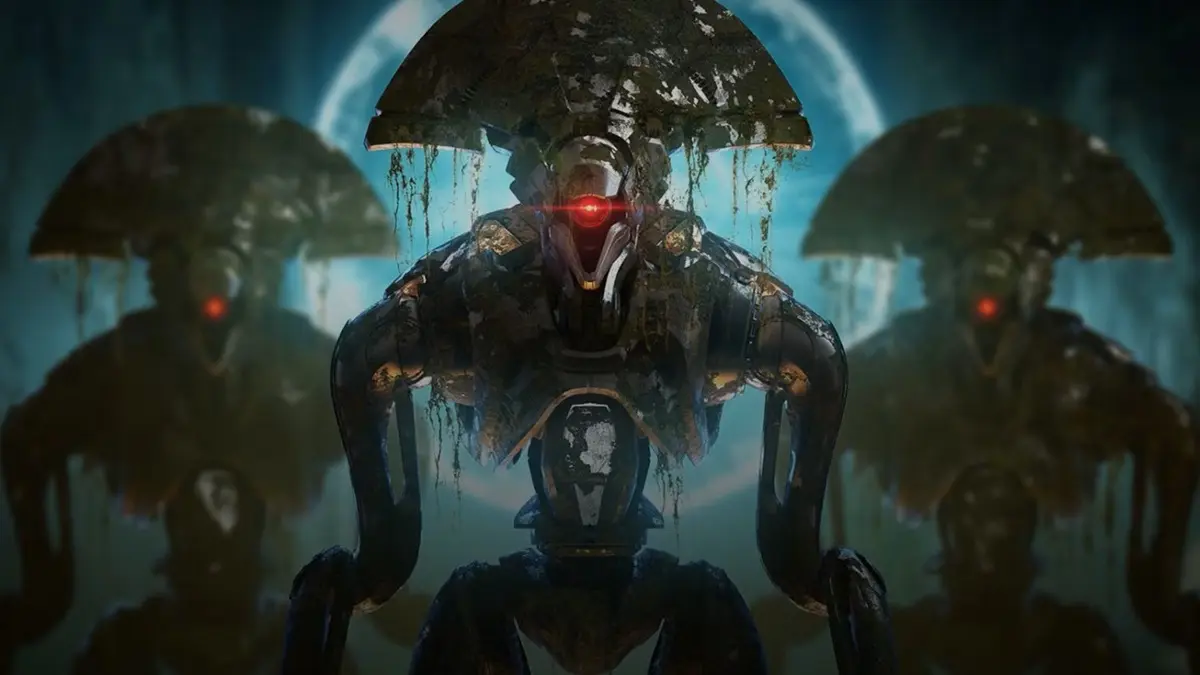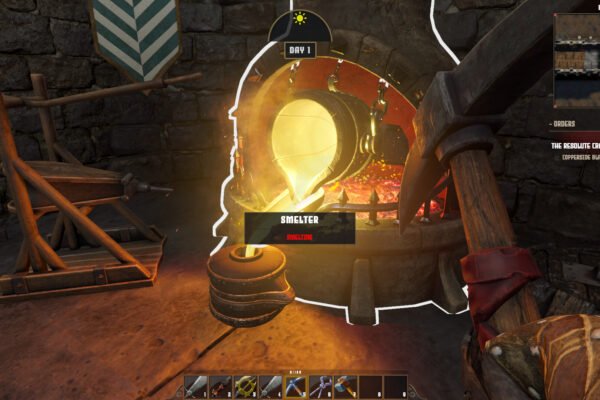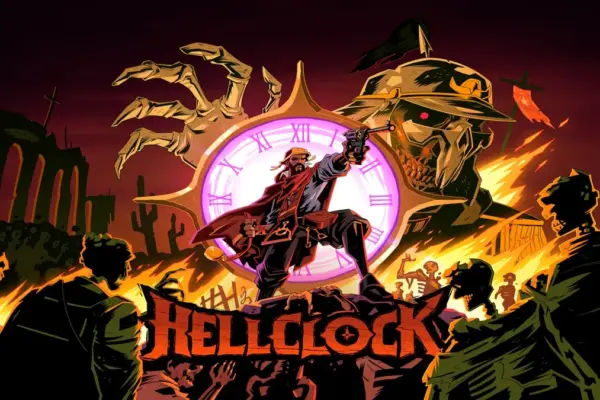There are some hills I’m absolutely willing to die on, and the notion that media ought to challenge us in some way is one of them. At the risk of sounding like an old, ornery codger right off the bat, I find myself thinking mindless overconsumption is one of the biggest problems our collective faces today. It’s not like we’ve got a shortage of issues to deal with, either, so that’s telling.
The thing that makes overconsumption particularly egregious and problematic, though, is that it serves as a force multiplier for many of these other problems. A lack of focus and inattentiveness in schoolchildren, a catastrophic erosion of critical thought, and even just the sheer inability to connect at a surface level speak to very many things. Obviously, I’m not saying that video games hold the keys to a magical solution to these (and other) human problems, but we’ve got to start somewhere, and it just so happens that gaming, specifically, is my expertise. The modern world absolutely bombards us with information. Garbage-tier information, for sure, but information nonetheless. Even though humans aren’t GIGO sifters by default, the contemporary obsession with “AI” (as if that‘s what it is) is forcing us into this mode, and I strongly feel we’d be better prepared to do just that if modern media wasn’t so goddamn simple.
Ah, now we come to the crux of the issue: complexity! Not complexity for complexity’s sake, though. Sure, you could argue that it’s poor showmanship for it to take me three paragraphs’ worth of copy before even touching upon the matter of the title, but to that I say – this is precisely the point. The vast, vast majority of video games (and media in general, to be sure) are so deeply uninterested in engaging and challenging the player that they become just another point of overconsumption in our lives. Is that really the way to go?
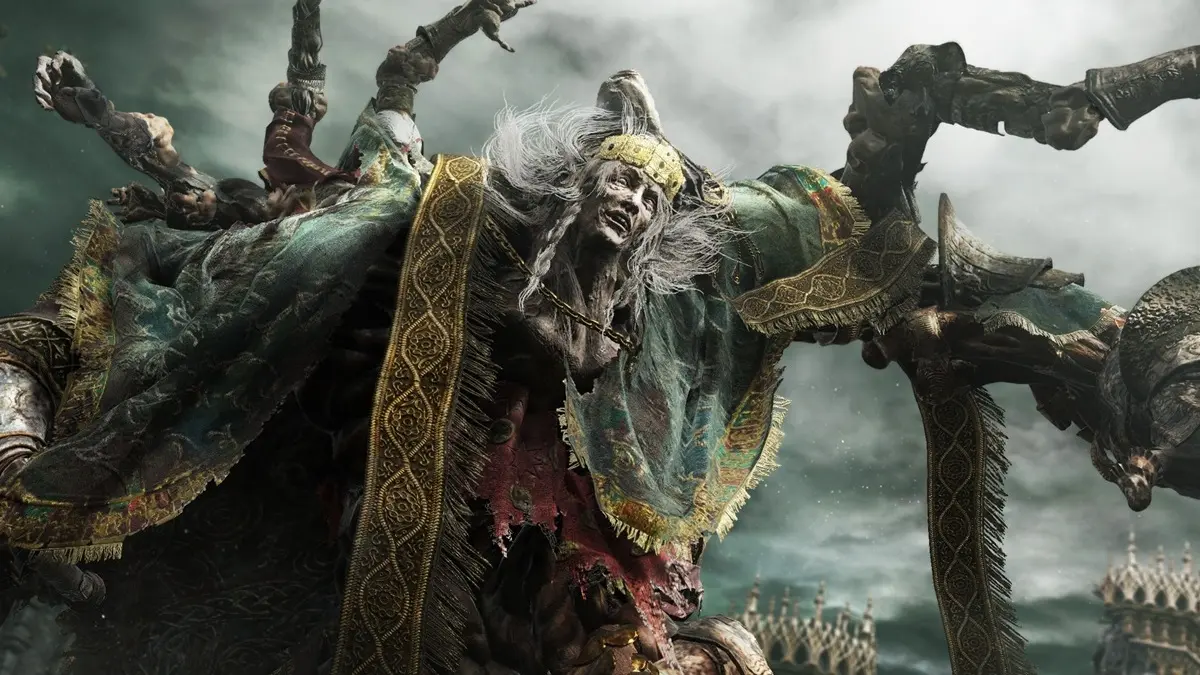
Intertextuality is king
Escapism is all good and well, but it’s hardly the sole goal of any genuinely compelling piece of media. As I mentioned before, I believe it is absolutely crucial for the media we consume — a fair chunk of it, at the very least — to challenge us in some way, shape, or form. Believe it or not, I’m not actually using FromSoftware’s output here to talk about how awesomely difficult they are. In fact, I’m not fond of Dark Souls and Elden Ring because they aggravate me, but because they don’t spell out their respective stories for the player. Oh, you’re going to have to work for it if you aim to figure it out on your own. The easiest way to go about it is to consult the Souls community, as some of the many content creators are sure to give you all the answers you need.
Except, that’s not really the case, because substantial chunks of Souls lore are highly disputed and firmly in the realm of theorycrafting. So, even if you’re simply consulting the community for explanations on what the hell a “Marika” is in Elden Ring, you’re quickly going to be confronted by several different theories on the what, why, and how of a Marika. I’m oversimplifying here, but you get the point.
The end result is always that you yourself need to engage with the Souls‘ games lore and decide which bits and bobs make the most amount of sense to you. And this is what I feel we need more of. Players should be expected to do more legwork on the games’ stories, mechanics, and even the difficulty at the simplest level of this equation.
Recently I had the good luck of being able to write for Output Lag about one of my long-time obsessions, Marathon, and this franchise in particular is (or was, at that) a crowning jewel of what I’m talking about here. Its sparse storytelling is a veritable powerhouse of intertextuality and intercontext. Folks, I’m not being cheeky here: Marathon commonly draws references to classic literature, real-world occultism, and even events that Bungie would later-on feature in Destiny. This was by far Bungie’s strongest feature since the studio’s inception, and it adds tremendous value to Destiny as a whole. No, the game didn’t really have a proper campaign, but its backstory was a marvel to behold if you took the time to really explore it. Just ask the folks over at Ishtar Collective how they feel about it.
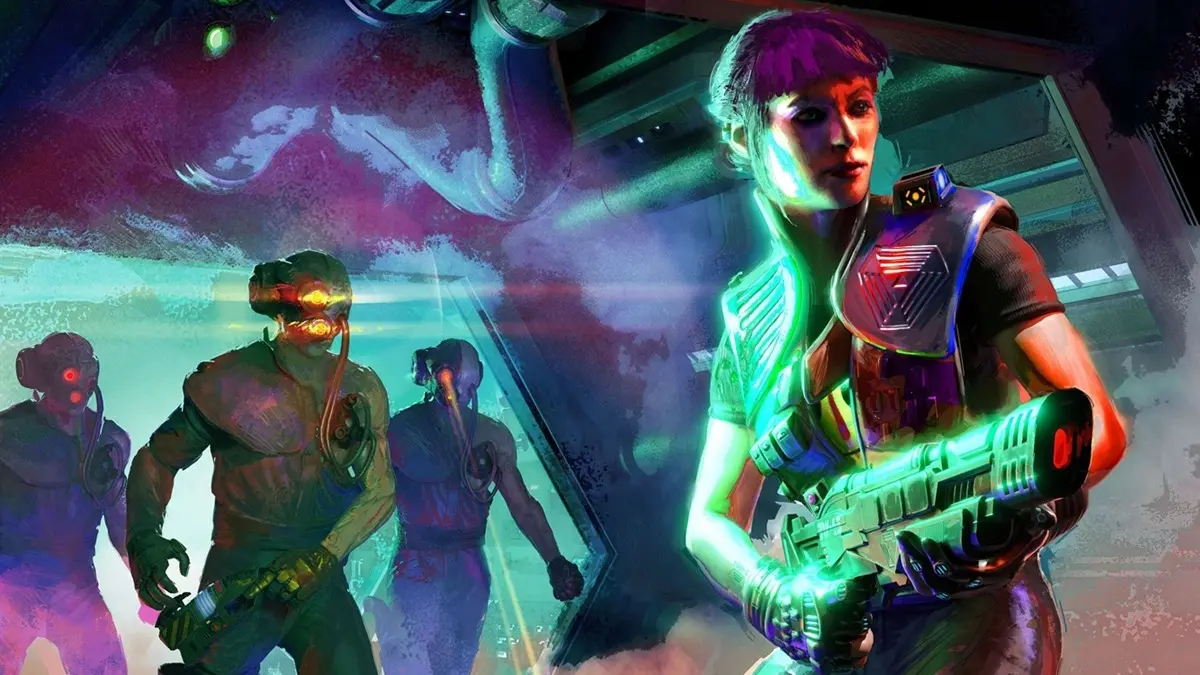
Video games should ask us to do more with our heads, no matter in what form
I’ll happily admit that sifting through ancient, arcane lore entries for Marathon and the like won’t be to everyone’s tastes. The thing about video games is that they don’t have to resort to literal text and cross-referencing real-world material to challenge the player. One of my most treasured recent gaming memories is that of Nightdive Studios’ System Shock Remake. Though the remake absolutely makes concessions to modern gaming tropes (and is all the better for it), it also subscribes to certain tropes from the late ’90s. Specifically, this means System Shock Remake will force you to work for progression opportunities at its higher difficulties: from advanced puzzles to having to sift through data logs for intel and keycodes, the player is asked to be attentive and to think and engage with the game world. It’s not a bloody shooting gallery, is what I’m getting at. It’s a reactive sandbox that behaves according to the player’s own actions.
I’m not going to pretend mechanical complexity falls into the same category of engagement as intertextuality, but the two serve a very similar purpose in my book: they make the player smarter, more inventive, and more engaged, all the while also turning the game into a much more satisfying ordeal. Ideally, we’d have both of these components in a game, but it really is just a personal preference in the end.
If you think about it, games truly can be the perfect antidote to the modern problem of mindless, senseless consumption. Simply by engaging the player and drawing them in through challenges of any sort, they can subtly promote critical thought at several different levels. This can be intertextual, yes, but also mechanical, as is the case with Arkane Studios’ Prey, for example. There’s nothing categorically wrong about TikTok, but when you’ve got a literally infinite amount of easy-to-parse rapid-fire content at your disposal, aren’t you inviting brain-rot if you don’t pace yourself?
The reason why I place such excessive emphasis on intertextuality, specifically, is because cross-referencing media organically pulls the player, reader, or viewer out of their information bubble. This is a phenomenal way of exposing the player to media and, more broadly, experiences that they otherwise never would’ve even known to seek out. This is of immense value and it simply cannot work if it doesn’t happen organically and, in an ideal scenario, by the player’s own hand. Games that engage you with their lore and context and then supplant their own meanings and ideas with that from other, out-of-context media are so much more valuable than we give them credit for.
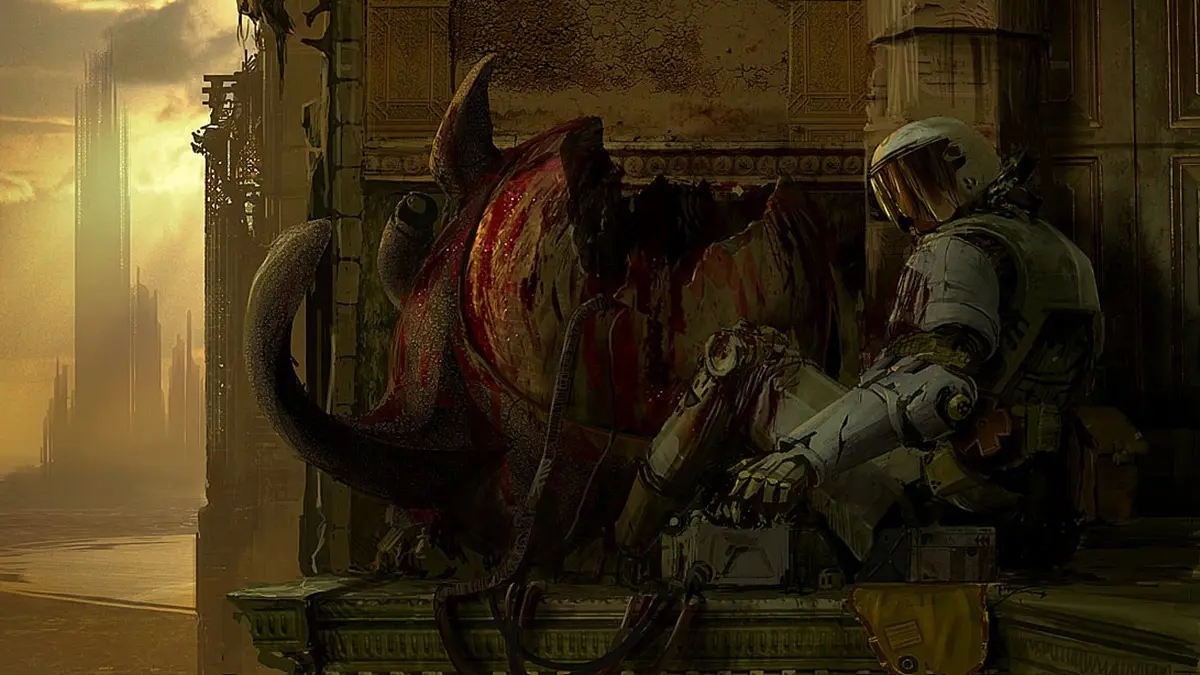
Obviously, games aren’t the sole tool we have at our disposal to promote critical thinking via intertextuality and engaging difficulty. Media in general should be produced to engage the consumer and challenge their preconceived notions. We should constantly be asking ourselves if our understanding of the world, society, and universe-at-large can be improved, yet we’re veering dangerously close to a situation where crummy, poorly-developed predictive text generators dictate how we think and feel. Worse, those are being controlled by hyper-capitalistic companies that definitely don’t have any agendas to pursue.
So, why let them? We should all try to minimize our engagement with non-critical media made purely to be consumed and then tossed aside. This is not a political statement: we should be in a constant state of reassessment, both internally and externally, and there’s an argument to be made that video games ought to play a crucial role in this development. Some of them make a point of directing the player towards pivotal, paradigm-shifting works of art and philosophy, while others simply nudge the player towards making their own conclusions and solutions on the go. Either approach works! It’s just that there aren’t enough of these games out and about. So, here’s hoping the ongoing fad of oversimplification, streamlining, and the production of content that’s got no value beyond sheer entertainment remains just that: a fad.
